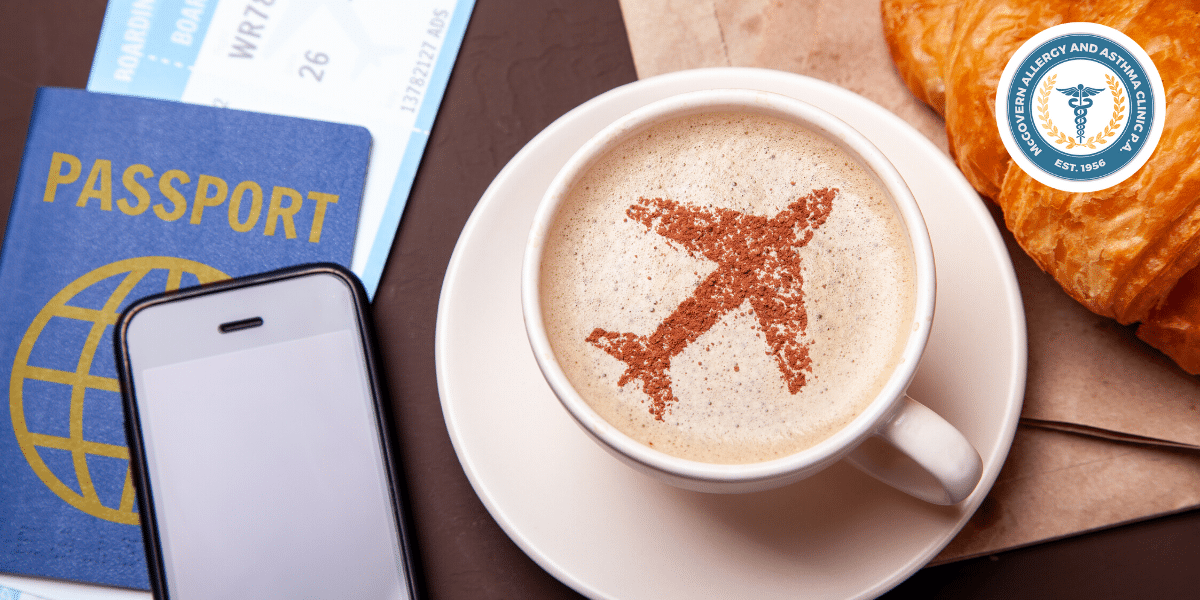Allergies and Flying…Having an allergy attack mid-flight can be one of the scariest experiences a person can endure. Since there are limited supplies and medical aid on an aircraft, most airlines have taken the necessary precautions to ensure that their passengers are taken care of while on board. Some U.S. airlines have even changed their policies to accommodate passengers who have food allergies.
Allergies and Flying: Peanut Allergy
Being allergic to peanuts is one of the most common types of food allergy, which can make airplanes unsafe for a passenger with this type of allergy.
Recently, some airlines have taken the initiative to stop serving peanuts on their flights to create an environment where all of their passengers can feel safe and welcome. This is a cost-effective marketing strategy that was met with tremendous positive feedback. To go the extra mile, some airlines will also offer pre-boarding so that those with allergies can wipe down their seats and trays to prevent an allergic reaction.
Taking basic precautions to mitigate the risk of an inflight reaction, like the pre-boarding example, helps reduce the allergen residue. But, mistakes still can often occur even with precautions like this. Airlines also have a legal disclaimer that states passengers are in charge of bringing their own medicines. However, when you’re in the air, you don’t have full access to all the medical tools and help you might need.
Allergies and Flying: Airline Education
This brings us to the topic of the importance of preparation and education from the airlines themselves. Airlines are not required to stock auto-injectors, instead, airline medical kits carry vials of epinephrine and syringes that are more time consuming to use. So, beyond being self-prepared, a person with known food allergies will have to deal with inconsistent policies and staff education depending on the airline.
The Department of Transportation (DOT) is ruling out stricter regulations that will aid the rights of passengers with food allergies. The DOT now considers having a food allergy as a disability under the Air Carrier Access Act (ACAA) if the allergen prohibits the passenger from breathing. Under the ACAA, airline carriers must offer pre-boarding to passengers needing additional time to board, including those with nut allergies.
Thanks to the DOT, airlines are legally compelled to accommodate their passengers’ needs instead of offering policies out of goodwill.
Contact Us
If you’re struggling with allergies, asthma, or eczema- don’t suffer in silence. Book an appointment with one of McGovern Allergy and Asthma Clinic’s esteemed allergists today. Call 713-661-1444 or visit mcgovernallergy.com.

